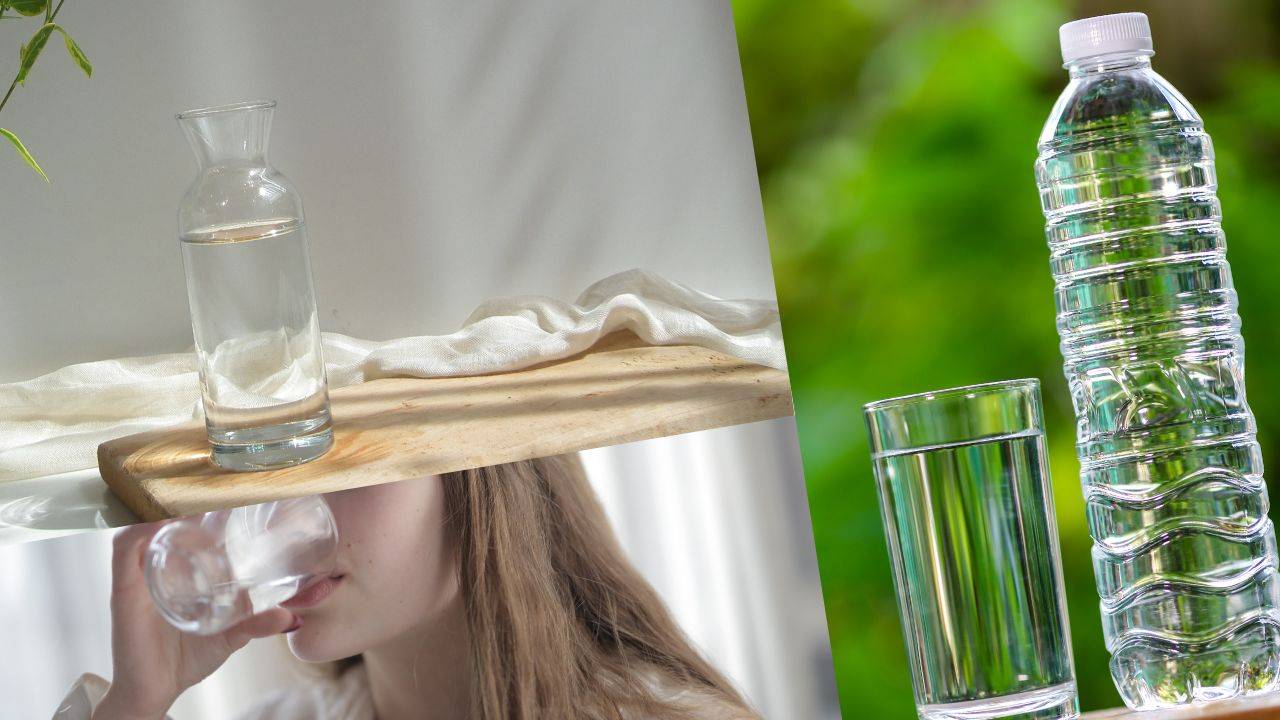
Water is essential for our bodies to function properly, but it's important to strike a balance when it comes to how much we drink.
While you may have heard the recommendation of drinking eight glasses of water a day, the ideal amount can vary from person to person.
What is Water Intoxication?
Water intoxication, also known as water poisoning, happens when you consume an excessive amount of water in a short time. This can disrupt the balance of sodium in your blood, which is crucial for maintaining the right fluid levels inside and outside your cells.
When there's too much water in your system, it can cause fluid to move into your cells, leading to dangerous swelling of the brain and potentially life-threatening consequences.
Signs and Symptoms of Water Intoxication/Overhydration
Here are some signs and symptoms to watch out for if you suspect you may be overhydrating:
-
Nausea and Vomiting: You might start feeling dizzy and nauseous.
-
Headaches: Low sodium levels in your blood can lead to discomfort, headaches, and distress.
-
Confusion and Disorientation: Overhydration can result in confusion, disorientation, and, in severe cases, seizures.
-
Swelling: Drinking too much water can cause swelling in various parts of your body, including your hands, feet, and ankles.
-
Muscle Cramps: Low sodium levels can trigger muscle cramps and weakness.
-
Fatigue: Overhydration can make you feel drained and lethargic.
To avoid overhydration, it's generally a good idea to aim for around 8-9 cups of fluids per day. However, the right amount can depend on factors such as your body weight, the climate you live in, and your activity levels.
If you have a medical condition like diabetes, congestive heart failure, or kidney disease, it's essential to consult your doctor for personalized guidance on your water intake. If you don't feel unusually thirsty, discussing your hydration needs with a healthcare professional is a smart step to take.









